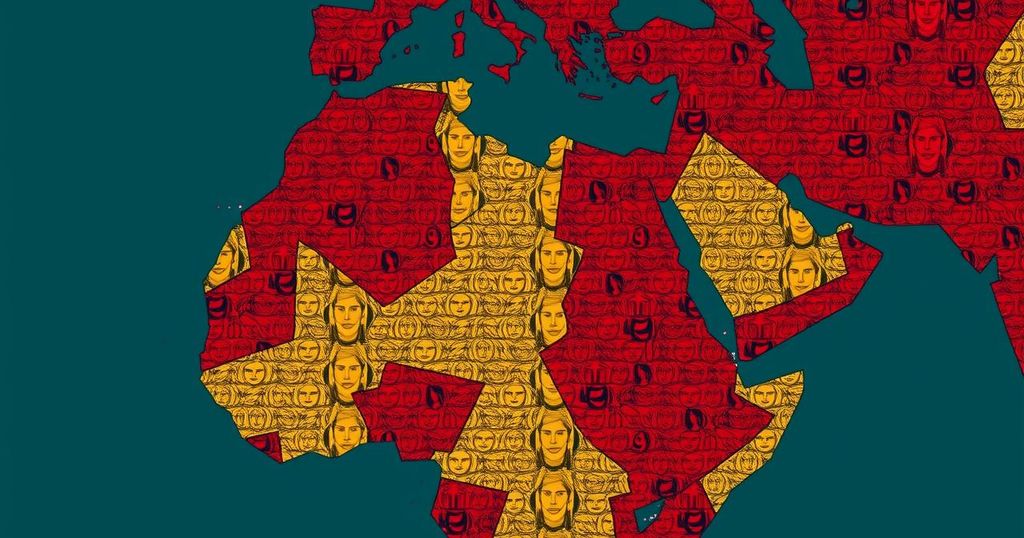The ‘Brave for Peace’ initiative has launched with funding of Sh2.3 billion to strengthen community resilience against violent extremism in Kenya, Somalia, and South Sudan. Implemented by the UNDP for 36 months, it targets local factors such as economic conditions and political instability, with support from KOICA. The program aims to foster local solutions to confront the threats posed by extremist groups like Al-Shabaab and address social grievances that perpetuate conflict.
On Wednesday, a significant initiative aimed at enhancing community resilience to violent extremism and conflict in Kenya, Somalia, and South Sudan was launched. The ‘Brave for Peace’ program, which has been allocated a budget of Sh2.3 billion (approximately USD 18 million), will be implemented over the next three years by the United Nations Development Programme (UNDP) with funding from the Korea International Cooperation Agency (KOICA). This project will focus on addressing local issues such as economic deprivation and political instability, which contribute to an environment conducive to extremism. During the launch, Interior Principal Secretary Raymond Omollo acknowledged Kenya’s relative stability in the region despite facing sporadic extremist threats, emphasizing the impact of recent incidents such as the Shakahola massacre, which highlighted the dangers of religiously motivated violence. He remarked, “It’s always easy to look at it as more or less an Islamic challenge, but if you look at the Shakahola spectacle… it tells you that what motivates us in the name of religion doesn’t have boundaries.” Abdullahi Mohamed Nur, Director of the Tusban Centre in Somalia, asserted that the group Al-Shabaab exploits religious sentiments to engage in criminal activities. He noted that their actions seek to sow division among Kenyans despite committing atrocities against Muslims within Somalia itself. Furthermore, Mohamed Houmed, Deputy Director of IGAD’s Centre of Excellence for Preventing and Countering Violent Extremism, elucidated the factors motivating the rise in violent extremism, particularly the targeting of economically disadvantaged and vulnerable youth. Participants from various sectors, including Ms. Songi Han of KOICA, remarked on the broader impact of violent extremism on marginalized groups within the Horn of Africa. Meanwhile, Pia Phillip Michael, Under-Secretary in South Sudan’s Ministry of Peacebuilding, emphasized that while South Sudan does not currently face violent extremism, it is challenged by climate-induced insecurity, signifying the need for a coordinated approach to fostering lasting peace.
The article discusses the launch of the ‘Brave for Peace’ initiative, which aims to counteract violent extremism and promote peace in Kenya, Somalia, and South Sudan. The program is funded by KOICA and implemented by the UNDP, highlighting the importance of local solutions to tackle issues such as economic hardship and political instability that foster extremism. The initiative also addresses the rising threat of Al-Shabaab and similar groups in the region alongside the challenges posed by socio-economic disparities and communal conflicts.
The ‘Brave for Peace’ program represents a crucial commitment by international bodies to address the multifaceted factors contributing to conflict and violent extremism in the East African region. By focusing on local solutions and community resilience, the initiative aims to forge a path toward sustainable peace and stability. Collaborations among the affected nations and the involvement of local communities will be vital to the program’s success, particularly in mitigating the adverse effects of extremism on vulnerable populations.
Original Source: eastleighvoice.co.ke






